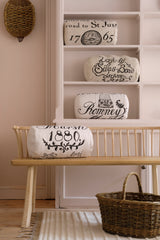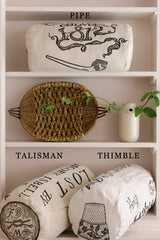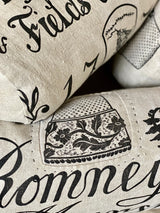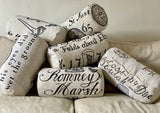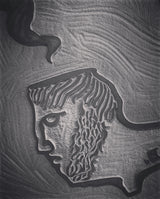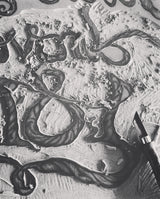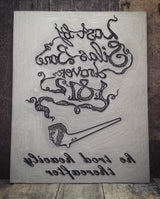We aim to make ordering from us as straightforward as possible.
Once your online transaction has been completed your order will be confirmed by email within 24 hours. If your order is placed on a Friday, or over the weekend, your item will be shipped within 3 days from the Monday. Orders are posted Wednesday to Saturday.
Using Royal Mail our shipping rates are calculated based on the estimated weight and size of the items.
You have the option of First Class Delivery (which cannot be tracked), or Tracked delivery ( to enable you to track your package through all stages of the delivery process)
UK CUSTOMERS
Please allow 3-5 working days for delivery in the UK. In most cases it will be less.
INTERNATIONAL CUSTOMERS
We do ship outside of the UK and are delighted to do so, but we ask you to email, susanna@themerchantstable.co.uk, so we may give you an accurate shipping cost to your destination.
Any customs or import duties are charged once the parcel reaches its destination country. These charges must be paid by the recipient of the parcel. Unfortunately, we have no control over these charges, and cannot tell you what the cost would be, as customs policies and import duties vary widely from country to country.
DUTIES
We recommend contacting your local customs office for current charges before you order, so you are not surprised by charges you were not expecting.
Please be aware that your parcel can be also delayed by customs and subsequent charges can be applied. We have no control over this, and cannot supply any details why or for how long your parcel will be delayed.
If you wish to return a purchase please notify us at susanna@themerchantstable.co.uk
If you are unhappy with our products in any way, they can be returned provided they are in saleable condition.
If you wish to return your item and receive a full refund items need to posted/couriered back to us within 7 days of being received by you.
Please note refunds to Debit/Credit Cards normally clear in 1/2 days after receipt of the returned goods.
Returns received outside the above time frame will not be accepted. For all returns you will be required to arrange and pay for the return of the products to us.
We will only accept returns provided the goods are received by us in the condition they were in when delivered to you.
ADDRESS FOR ALL RETURNS & EXCHANGES
Please returns items to:
The Merchant’s Table
10 Church Street
Woodbridge
Suffolk IP12 1DH
You may also like
Visit
Our Store
In the market town of WOODBRIDGE, SUFFOLK, on CHURCH STREET is a double fronted Georgian shop, fronting a 16th Century merchant’s house. Within this beautiful building, layered with merchant’s tales and trading, we opened The Merchant’s Table.









